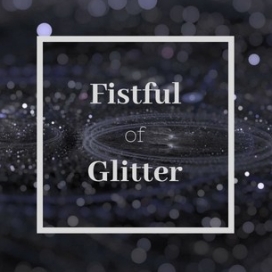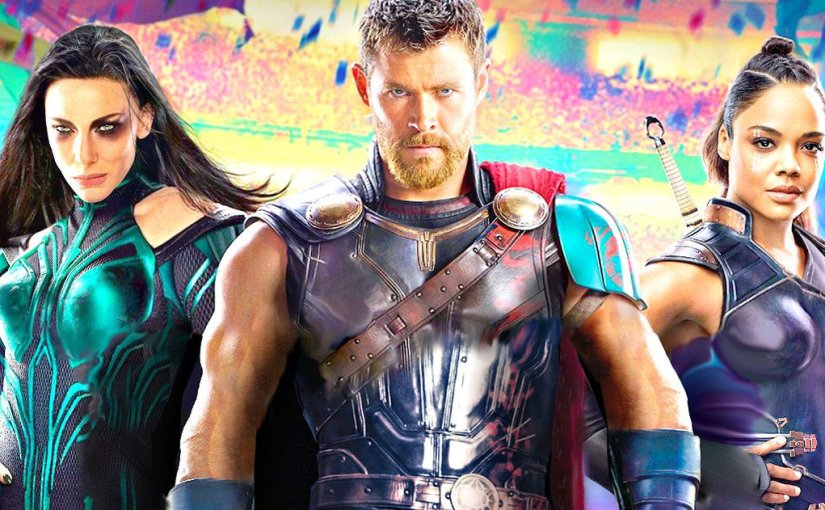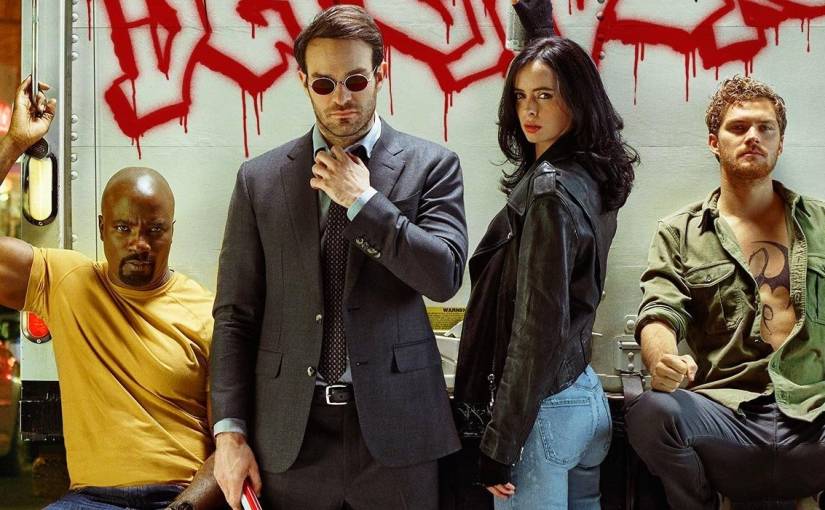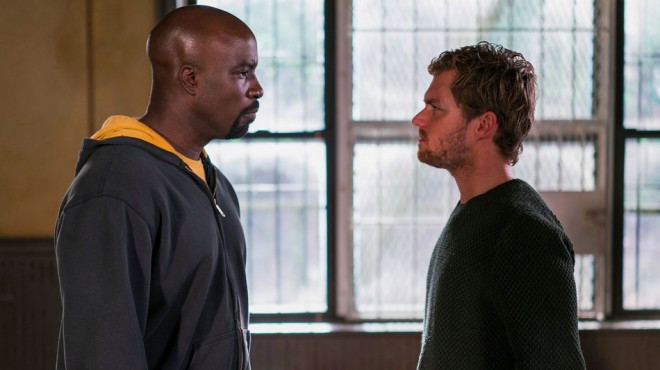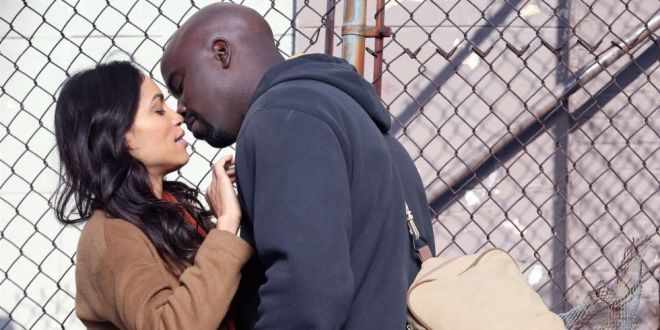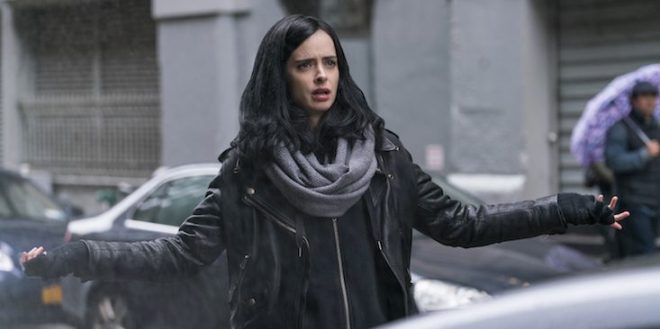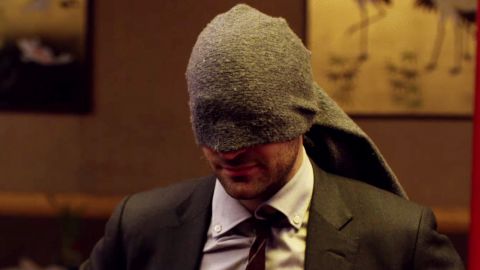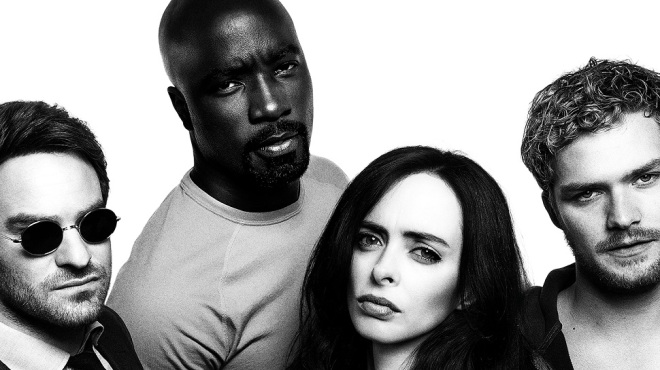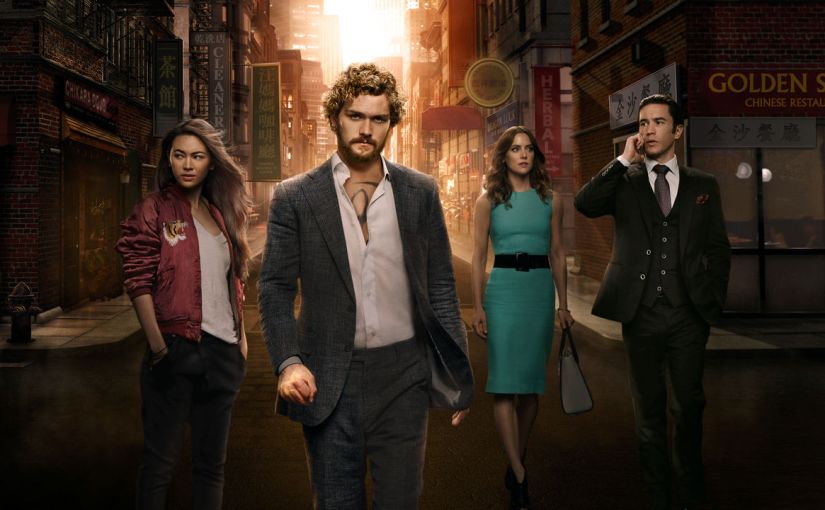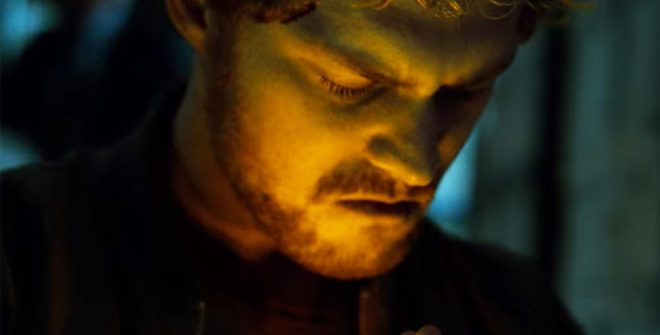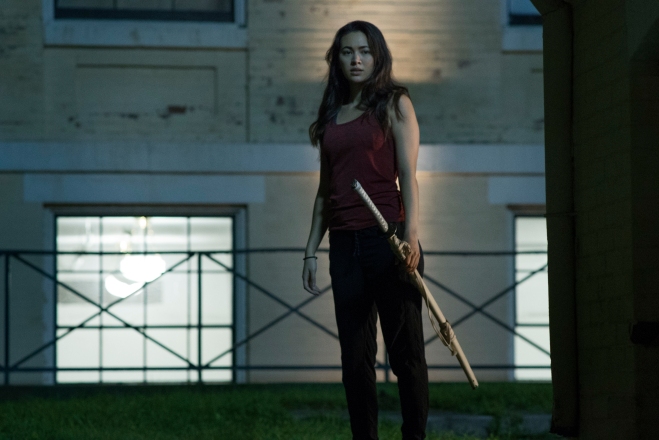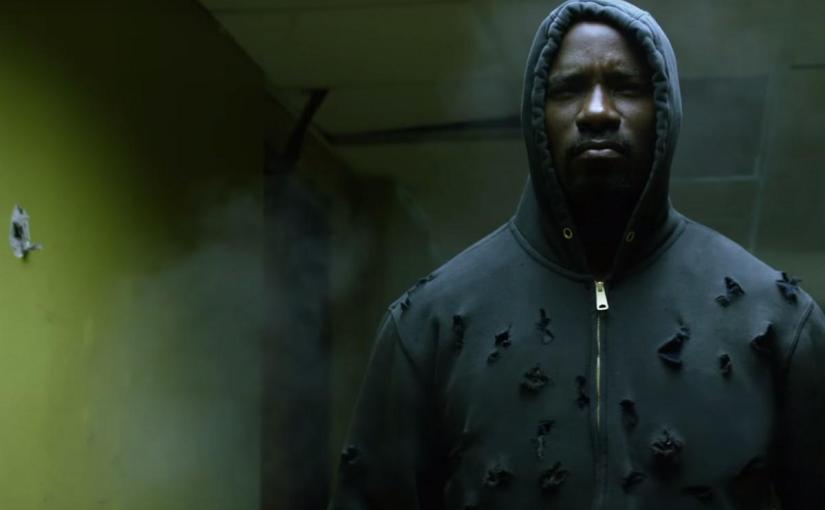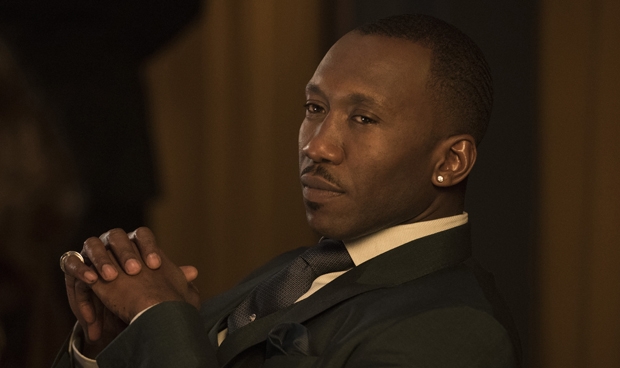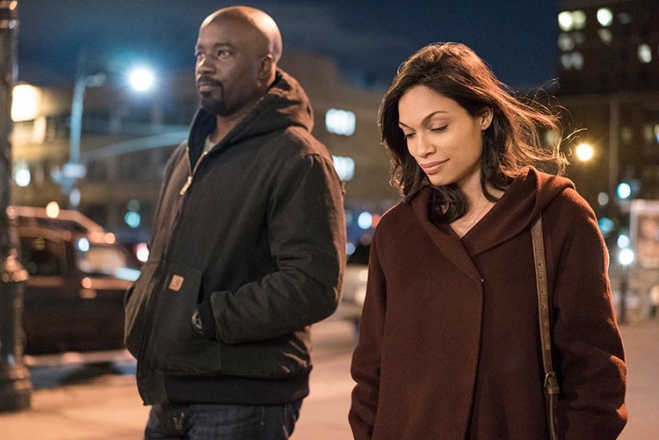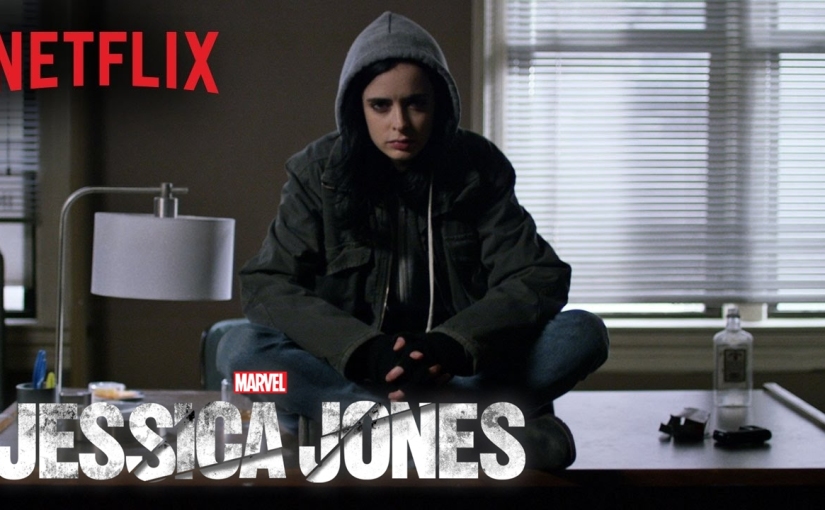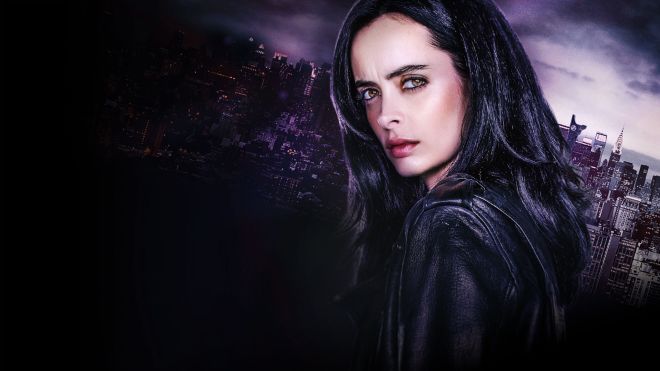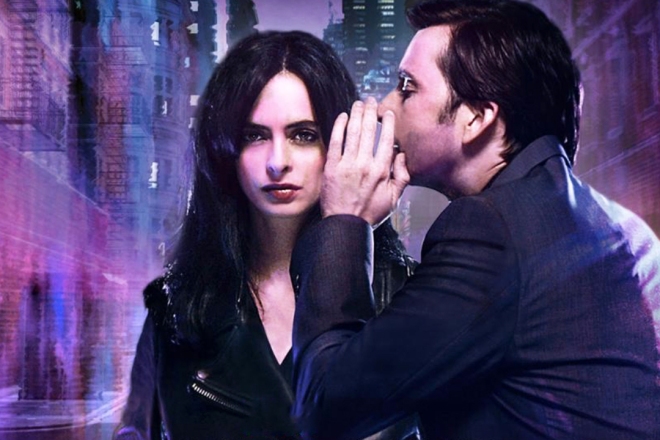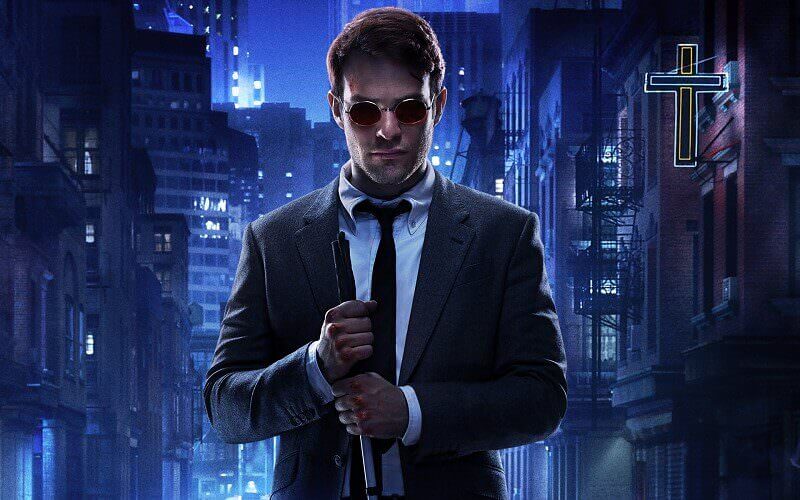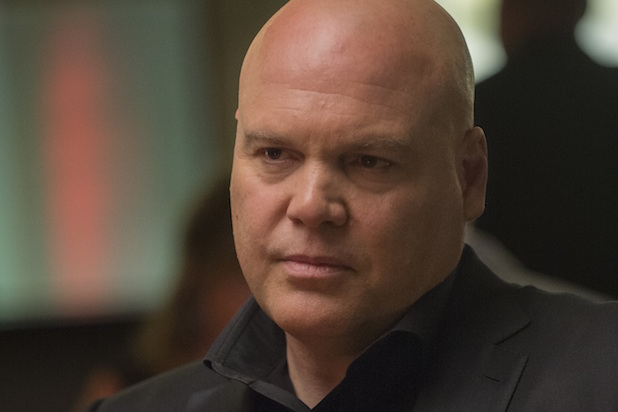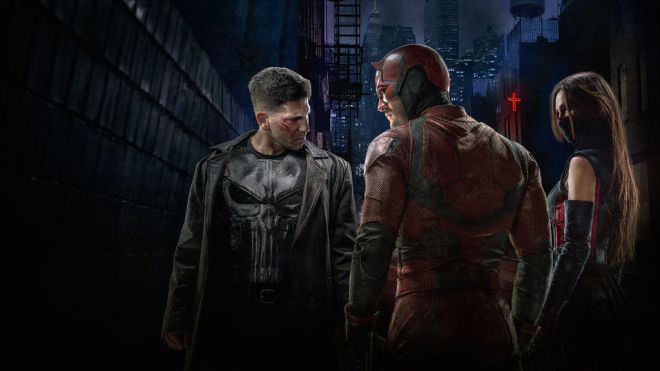I love movies. I worked at a cinema for three and a bit years. I make short films. In high school, I spent my entire allowance going to the cinema on a Friday night. I. Love. Movies. But, in recent years I found going to the movies a more and more disappointing experience (mostly). Why? Because Hollywood has started consistently putting the only good/memorable bits of each film in its trailer. The trailer for Dark Tower looked pretty amazing and mysterious. The film itself, impressively meh (and it wasted Katheryn Winnick, which is a cardinal sin). The trailer for Atomic Blonde looked insanely kick-ass and amazing. The movie felt like the first film of a freshly graduated film student (and it wasted both James McAvoy AND Charlize Theron, two more sins). The trailer for Thor: Ragnarok looked funny, upbeat and beautiful…
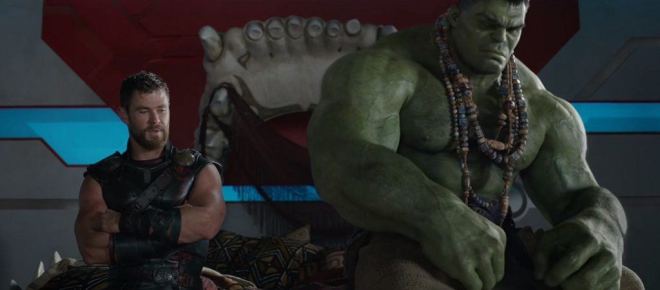
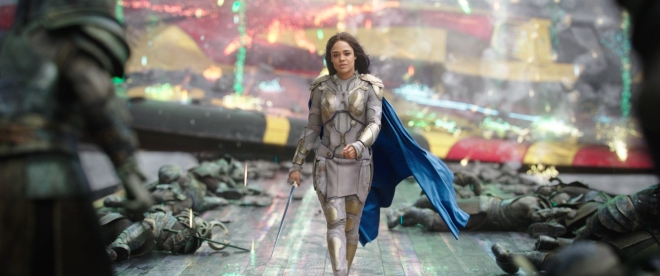
And the film was funnier, more upbeat and more beautiful than the trailer. It was so good to have had a marketing campaign that was based on humour, and then to have the movie actually live up to it!
Having said that, I am aware that, as an Australian, I am smack bang in the middle of the target market, as director Taika Waititi said that a bunch of the humour in the movie was specifically targeted at Australian and New Zealander audiences. That must have at least been partially true because the cinema I went to see the film in roared with laughter for a good two-thirds of the film. It ended up being one of the most special experiences I’ve had in a cinema. It’s rare that I feel so connected to the rest of the audience, particularly as someone who is very self-conscious around their laugh.
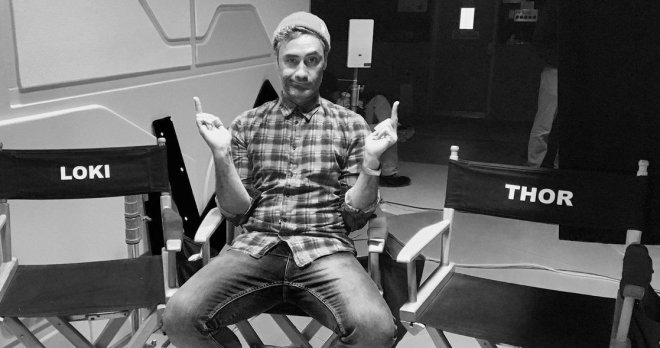
The other thing that’s amazing about Thor Ragnarok is how well Waititi has built the humour into the foundations of the film. Marvel films throw out funny lines and have their superheroes quipping at one another, but it is often against a backdrop of a more serious nature; the destruction of a city or the middle of a dangerous chase. It can be somewhat disconcerting and dehumanising when they are seen in their full context, and it makes me feel, as an audience member, that they are only there to help sell the film as part of the trailer. Thor Ragnarok certainly has a couple of silly lines in serious situations, but they always make sense in the context and never detract from the gravity of the scene.
Not only that, Thor Ragnarok embraces the over the top nature of the comics in a way that rarely happens in superhero movies. It knowingly winks at the audiences, sharing with you that the whole situation is silly without making fun of it. This is a film that contains a creature made out of rock who ended up exiled from his home planet because he didn’t hand out enough pamphlets for his revolution and Jeff Goldblum in sparkly blue eyeliner. There’s really no way to play those things seriously, and yet it doesn’t come across as being dumb either, just wonderfully innocent and playful. There’s nothing in the movie that feels forced, or there purely for the sake of marketing (with the possible exception of the Doctor Strange scene).
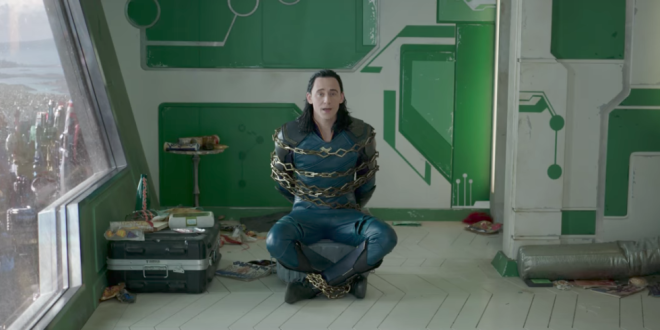
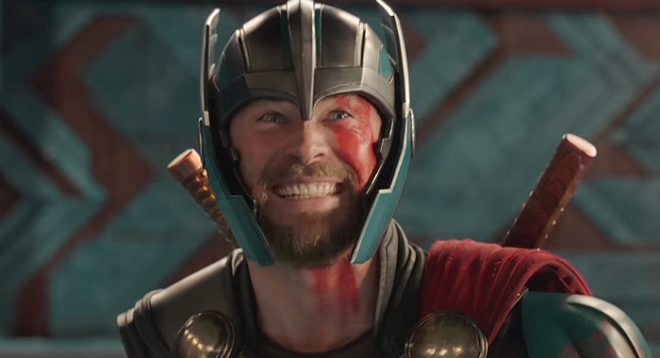
In fact, Thor Ragnarok doesn’t feel like a film that was made to be marketed to anyone in particular. It feels like something that was made simply for the joy of it. There’s a freedom about it, which is unsurprising given that an estimated 80% of the dialogue was improvised. Even long-term MCU stars, such as Mark Ruffalo, were concerned that the cast was having too much freedom making this film, and that at some point there was going to be a call coming in to tell the production to reel it back or to start again. The call never came. And not making that call was probably one of the smartest things the marketing department at Marvel has ever done.
Giving Taika Waititi and his cast freedom to improvise and create something different for Thor Ragnarok has enabled them to make a fun, charming and exceptionally funny film, which has drawn audiences all over the world in with its quirky sense of humour. It’s kept all the promises made in its trailers which means people are more likely to watch it again, to tell friends positive things and ultimately be that little bit less sick of superhero films. It doesn’t just live up to its own trailer, it lives up to the promise of the fun, not too serious film that Marvel has been promising us for years and never fully delivering on until now. Let’s hope Marvel keeps taking risks and delivering at the same level into the future.
